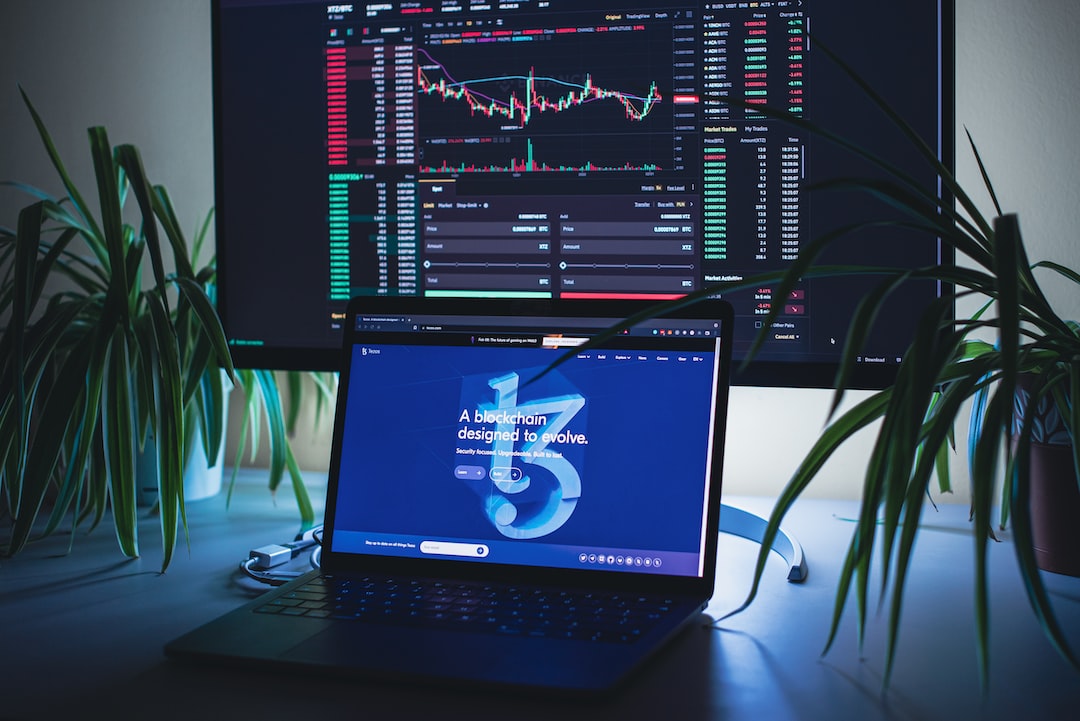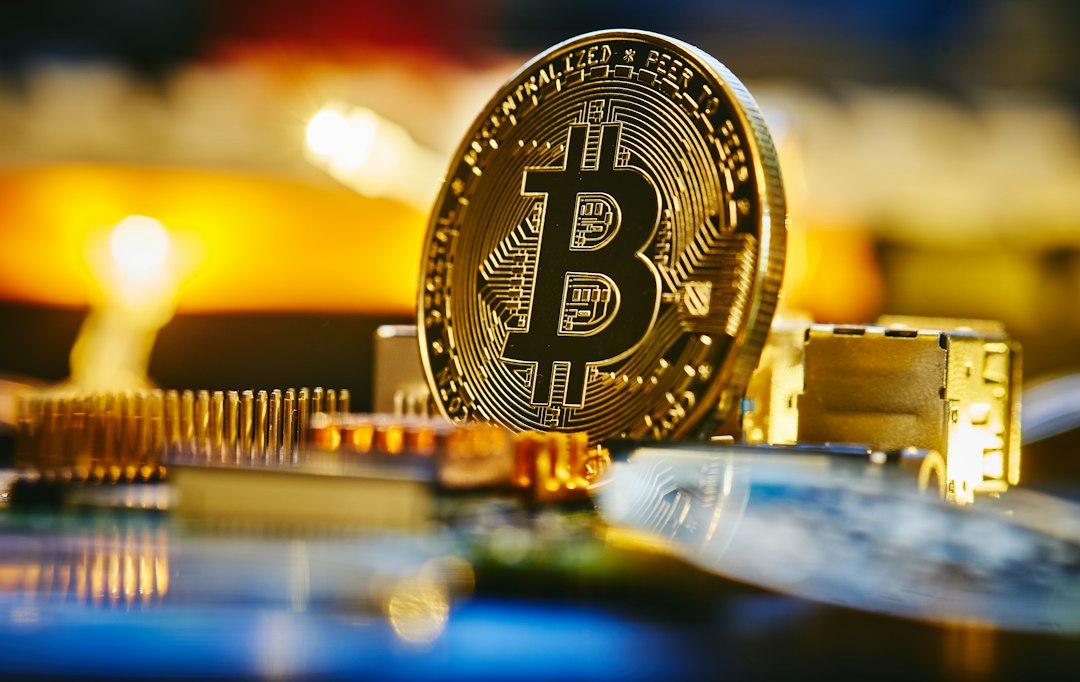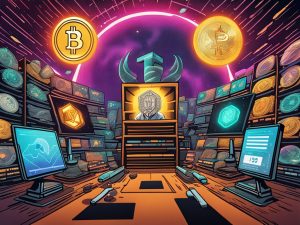Atlanta Federal Reserve President Raphael Bostic Discusses Public Sentiment, Economic Data, and Fed Policy
Atlanta Federal Reserve President Raphael Bostic recently appeared on CNBC’s “Squawk Box” to discuss various topics, including public sentiment versus economic data, his views on Federal Reserve policy, and the current economic landscape.
Understanding the Complex Economic Landscape
Bostic emphasized the importance of focusing on the future and understanding what people think the economy will look like. He acknowledged that these are complex times with factors such as fluctuating inflation rates and a resilient broader economy influencing the economy.
Economic Slowdown Imminent?
Bostic shared that his conversations with businesses have led him to believe that an economic slowdown is imminent. He takes these real-world insights seriously and incorporates them into his understanding of the economic landscape.
Predicting Policy Restrictiveness
Bostic revealed that he has been contemplating what policy restrictiveness would look like in the coming months, given the feedback he has received from businesses about an expected slowdown. He does not expect the Federal Reserve to cut rates before the middle of next year at the earliest.
Colleagues Share Similar Concerns
Bostic mentioned that his colleagues at the Federal Reserve have expressed similar concerns about an economic slowdown. He believes that a lot of the policy tightening has yet to fully impact the economy and feels confident that his views are not isolated.
Inflation Control a Priority
Bostic highlighted that inflation is currently at 3.7%, significantly above the Federal Reserve’s target of 2%. Getting inflation under control is a priority for him, stating that “inflation is job one.”
No Recession Expected
Bostic clarified that while he foresees a slowdown in the U.S. economy, he does not expect a recession to occur.
Chairman Powell’s “Wait and See” Approach
When asked about Chairman Powell’s recent comments, Bostic suggested that the committee is in a “wait and see” mode. He warned against signaling a relaxation of policy when the inflation rate is still far from the target.
Chairman Powell Optimistic about U.S. Economy
Jerome Powell, Chair of the Federal Reserve, appeared on Bloomberg TV’s “Wall Street Week” and spoke optimistically about the U.S. economy. He attributed its robustness primarily to consumer spending, which has been supported by a strong employment landscape and high starting wages for new jobs.
The Impact of Interest Rates
Powell indicated that interest rates seem to have less impact on the economy. Companies with access to bond markets have lengthened their debt terms, reducing their sensitivity to rate changes. Homeowners with long-term, fixed-rate mortgages are also less affected by incremental rate hikes. However, sectors like housing and durable goods are still sensitive to interest rate fluctuations.
Challenges in Forecasting Future Interest Rates
Powell admitted that it is challenging to forecast the neutral level of interest rates due to factors like an aging global population and the influence of globalization, which have kept rates low for the past 25 years. He also discussed the long-term equilibrium rate, noting its steady decline over decades but possible short-term rises.
Cost of Capital Concerns for Smaller Companies
Powell shared insights from CEOs about the cost of capital, suggesting that smaller and early-stage companies could be more adversely affected if the economy remains strong. He reaffirmed the Federal Reserve’s commitment to maintaining low and stable inflation rates, even if such measures are not universally popular. Powell also mentioned that the behavior of the bond market could potentially lessen the need for additional rate hikes in the near future.
Hot Take: Fed Officials Concerned About Economic Slowdown, Inflation Control a Priority
Federal Reserve officials, including Atlanta Fed President Raphael Bostic, have expressed concerns about an economic slowdown. Bostic believes that businesses’ feedback indicates an imminent slowdown, leading him to contemplate policy restrictiveness in the coming months. Inflation control is a priority for him as inflation currently exceeds the Federal Reserve’s target. However, while a slowdown is expected, a recession is not anticipated. Chairman Powell shares a “wait and see” approach regarding policy relaxation and acknowledges challenges in forecasting future interest rates due to various global factors. The behavior of the bond market may influence the need for additional rate hikes.





 By
By
 By
By
 By
By
 By
By
 By
By